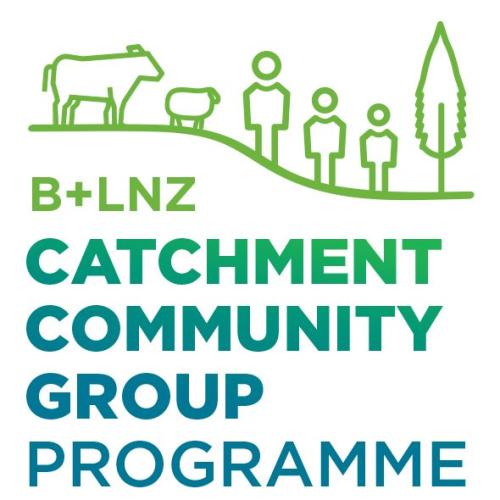Search results
Displaying 141 - 150 results of 706
- Resource book… sale more lambs early selectionscreening tool ewe replacements increase ewe lifetime … puberty early however teasing should used tool get lightweight hoggets cycling can bred … could use body condition scoring screening tool identify hoggets most suitable breeding …
- Video… This is a simple tool designed to help farmers and others … stream health is important, how to use the tool and assess your results and some of the …
- Resource book… different soil attributes various assessment tools select appropriate assessments help you … 13 soil textural groups soil texture triangle tool used classify soil textural class based … soil orange mottle visual soil assessments tool can used get quick understanding …
- PodcastHear from Peter Mitchell (North Otago), Mark Adams (Fairlie), Josh Brown (North Canterbury), Roger Dalrymple (Rangitikei), Anna Nelson (King Country) and Rick Burke (Bay of Plenty). For more detail, …

- Other PDF… emissions reduction targets two key policy tools regard climate change emissions trading … 2008 ets new zealand governments main tool reducing ghg emissions order meet … perspective farm plans really important tool need live fitforpurpose although costly …
- Industry data… lambing percentage online data collection benchmarking key drivers improved farm … your course visit httpsbeeflambnzcomdatatoolslambing calculator calculate your lambing …
- Resource book… conflict resolution skills essential tools ensuring everyone involved can fully … utilization trust historically most effective tool succession farm family business often … company present time regarded more flexible tool transition only expiry date trust must …
- … farm production efficiency profitability tools sustainable farming many see core … farmers recommended utilising variety tools lnz farmer council representatives other … farm production efficiency profitability tools sustainable farming many see core …
- Resource book… obvious why pasture spelling can impractical tool reducing worm challenge spell few weeks … success worm management strategies many tools available minimise contamination larval … happening worms your farm currentlyavailable tools faecal egg counts fecs faecal larval …
- Resource book… draw your paddock plan onto utilise online tools google earth your paddock plan should … features map your paddock plan helpful tool explaining others involved your winter … folder desktop use nutrient modelling tool understand manage nitrogen losses …